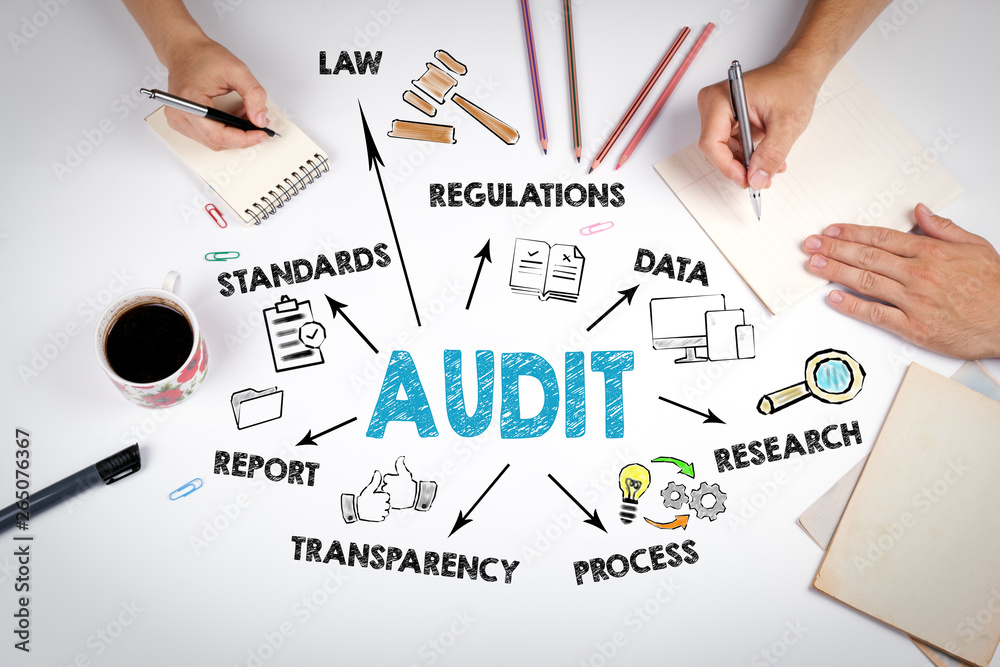Every company in Singapore looks an important question every single year: Are many of us ready for the audit? These evaluations are more than just paperwork; these people play a major position in keeping your company on the proper side of the law, building have faith in, and understanding your own true financial wellness. In Singapore’s fast-changing regulations, staying ahead means knowing what’s required and being prepared. Missing deadlines or not get together the correct documents may lead to fees or even legal trouble, so preparing really counts.
Understanding the Legal Structure for Annual Audits in Singapore
Just what Does the Rules Require?
Singapore’s Firms Act sets rigid rules for yearly audits. Most firms, especially those using bigger annual income or assets, will need to have their financial transactions verified by an auditor. These audits check that anything accumulates and uses the principles. If audit services is the private limited organization with turnover over SGD 10 thousand or assets exceeding beyond SGD 10 million, you are probable required to go through an annual audit. Actually some non-profit companies and industry-specific firms also face these types of rules.
Who Needs an Audit and Who will be Exempt?
Certainly not all businesses will need to get audited each year. Small firms that meet certain size criteria—such since revenue, assets, and number of employees—can often skip the exam. One example is, a startup with minimal sales and few personnel might be exempt. On the other hand, businesses in finance, insurance, or public trading must get audited no issue their size. It’s always aware of verify whether your organization falls under the exempt or mandatory type.
Consequences of Noncompliance
Skipping your audit isn’t just ignoring a formality. It can lead to fees and penalties through the authorities, including fines or even jail time regarding directors. Your company’s license might acquire revoked, or your current financial statements can be flagged because invalid. For illustration, some firms experienced hefty fines and reputational damage following failing to comply promptly. Non-compliance can easily also freeze bank activities or wait funding, harming your business's growth programs.
Preparing Your organization regarding the Annual Taxation
Organizing Financial Records
Good record-keeping could be the foundation of a smooth audit. Help to make sure all bills, receipts, bank transactions, and ledger records are accurate and. Use digital instruments if possible in order to keep everything prepared. Keep your files in labelled files, and cross-check sums to avoid impresses.
Internal Controls plus Processes
Strong inner controls help get mistakes early. Illustrations include segregation of duties so zero single person regulates everything, regular reconciliations, and clear authorization processes. These methods not only ease the audit but also protect you coming from fraud or problems that could cost major money.
Engaging together with Auditors

Deciding on the best auditor is key. Try to find licensed firms along with good local feel. Once selected, talk your expectations early. Share your documents in advance in addition to clarify any issues. Being transparent and cooperative will help make the process more stable and faster.
